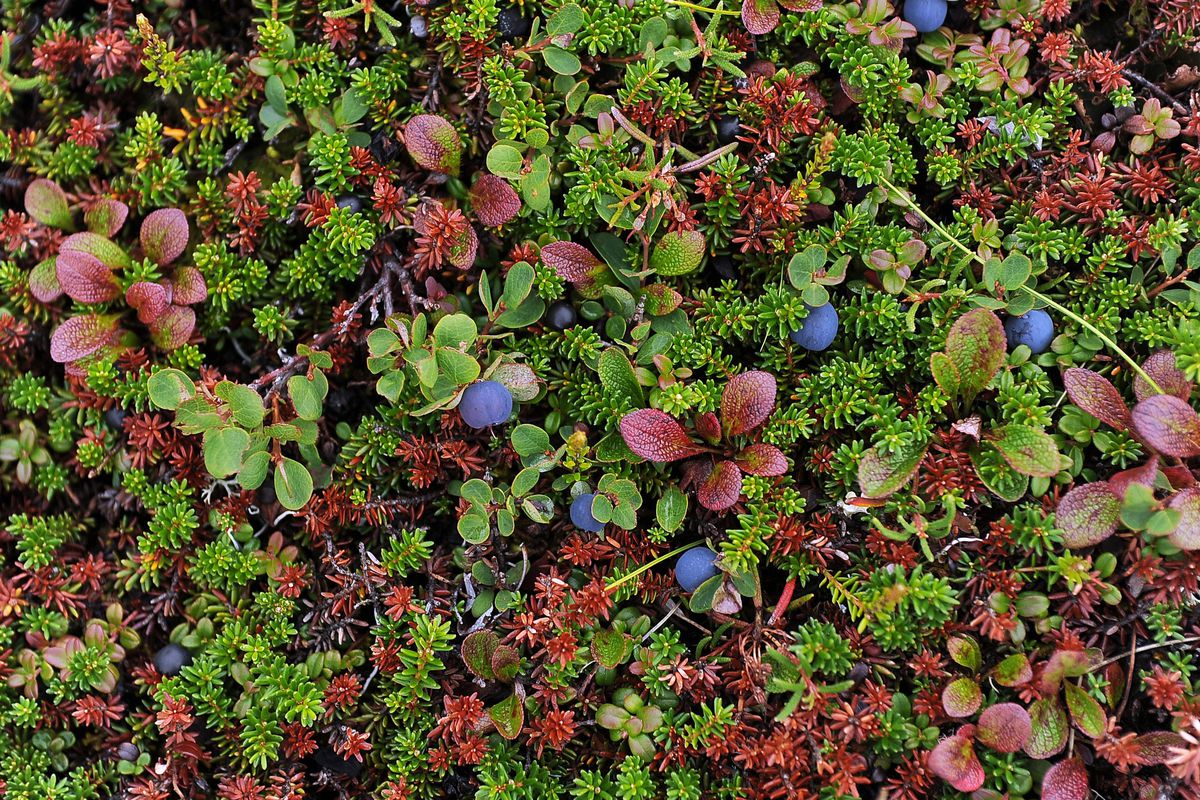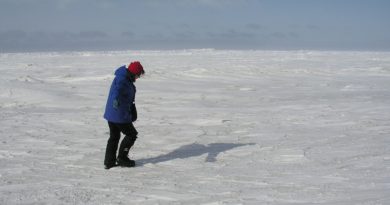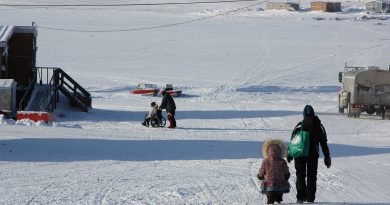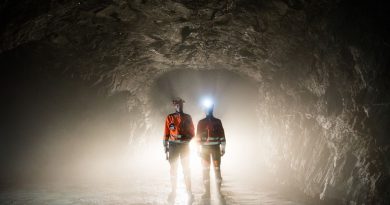Researchers ask citizens to monitor Alaska berries

A group of scientists from the University of Alaska Fairbanks are hoping to give pickers better data on when berries are ripening and how long they last through winter — by getting the data directly from them.
The Winterberry project asks Alaskans to help gather information about berries across the state to better predict how a changing climate is affecting the berries; when berries are ready for picking, and how they will survive through winter for the small animals that depend on them.
Principal investigator Katie Spellman, research associate with the UAF International Arctic Research Center, said in a phone interview the goal is to have a better data-set so people can make informed decisions when planning foraging trips.
The investigators are looking at four different berry species: rose hips, high and low bush cranberries and crowberries. Those berries are important food sources for animals like foxes, ptarmigan and voles.
Spellman said, in general, people are reporting more variability in berry harvests recently and the timeframe for when berries become ripe.
A real commitment
Summers have been arriving earlier, and later falls and winters can mean a gap between when berries are ripe and the onset of winter. That can lead to berries rotting, making them inedible for the animals that need them during the cold months.
Spellman said right now they’re working with youth groups to track berries over the course of the season.
Anyone can sign up and complete training either in person or online. People must commit to watching a berry patch for two years.
Related stories from around the North:
Canada: How two towns in the Canadian Arctic get their food, blog by Mia Bennett
Denmark/Greenland: Danish study shows healthy Nordic diet could help prevent stroke, Yle News
Finland: Finnish farming lobbies decry WWF meat guide, Yle News
Norway: Looking for ‘the gold of the Arctic’? Meet the cloudberry, The Independent Barrents Observer
Sweden: Worst berry season in years expected in northern Sweden, Radio Sweden
United States: Only endangered plant in Alaska to undergo status review, Alaska Dispatch News



